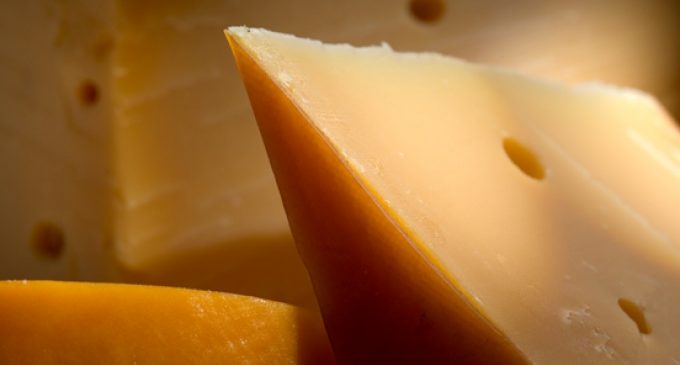Interim Profit Falls at FrieslandCampina Due to Losses on Milk Powder and Cheese

International dairy co-operative Royal FrieslandCampina has reported a 16.7% decline in profit for the first half-year 2016 to €160 million and a 2.2% drop in revenue to €5.52 billion compared to the same period in the previous financial year. Due to the significant increase in the member dairy farmers’ milk production, which rose by 11.9%, basic dairy products such as milk powder, foil cheese and butter were produced that had to be sold below cost. However, FrieslandCampina did achieve growth in volume in infant nutrition in China and South-East Asia, dairy-based beverages in South-East Asia and Eastern Europe and ingredients, with improved results.
The decrease in first half revenue due to lower sales prices was largely compensated by a higher volume. The milk price for member dairy farmers decreased to Eur30.24 per 100 kilos of milk against Eur36.48 in the first half of 2015 due to the lower guaranteed price for raw milk and the lower value creation. The interim pay-out amounts to Eur1.170 per 100 kilos of milk, down from Eur2.018 in 2015.
Roelof Joosten, chief executive of Royal FrieslandCampina, comments: “We can look back on a special first half year. FrieslandCampina is doing well in Asia and with ingredients, realising a fine 2.3 percent growth in volume with added value products. Due to the increased milk production, we had to process significantly higher volumes of milk into basic dairy products that we could not sell at a profit in the market. This is visible in the 17 percent decrease in both profits and milk price for the member dairy farmers.”
The outlook for the remainder of the year is brighter as milk prices appear to have bottomed out. According to FrieslandCampina, in the second half year of 2016, worldwide supply of milk is expected to decrease compared to the first half year, although demand for dairy products is likely to show only a modest increase over the second half year of 2016. This is due to the limited purchasing power in many oil-exporting countries, political instability in many countries, the limited demand for dairy materials in China and Russia continuing to block the European Union’s dairy products.
The effect of the European Commission’s measures to reduce milk production in the European Union based on support measures is as yet unclear. The impact of possible voluntary restriction of production of co-operatives or producer associations are also unclear. The Netherlands is expected to impose measures to reduce phosphate production in cattle farms to fall under the level of 2 July 2015. It is as yet unclear whether or not this may lead to a reduction of the milk production in 2016.


































